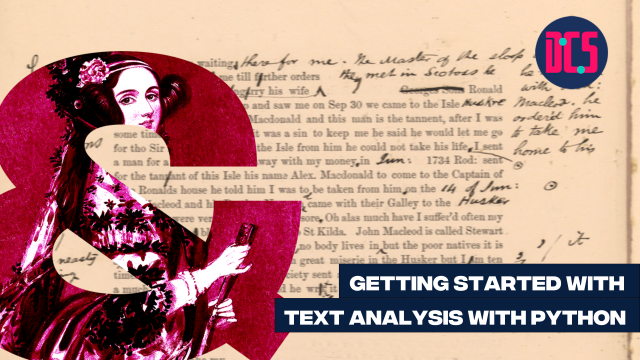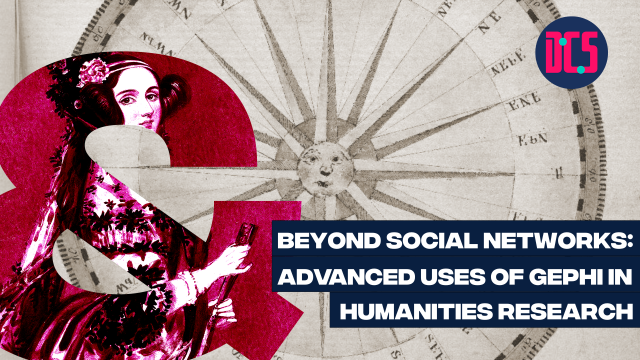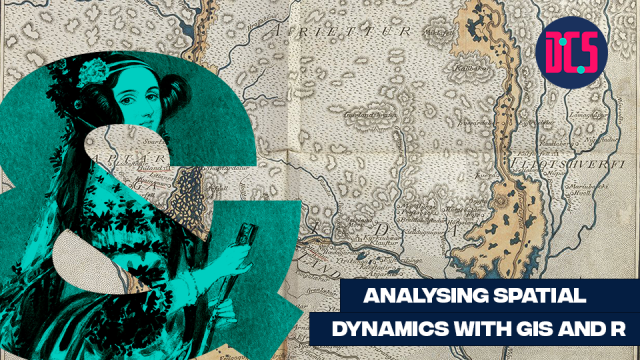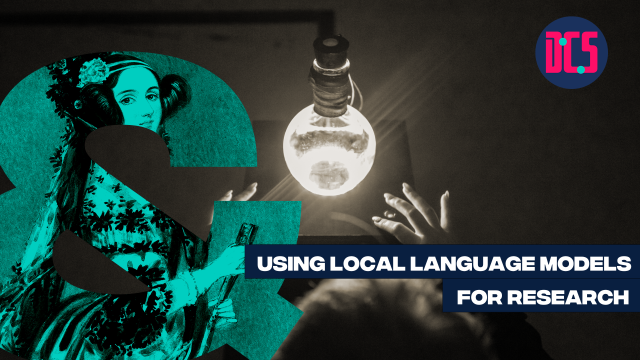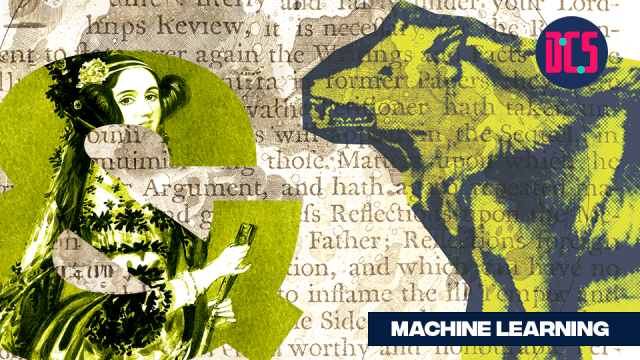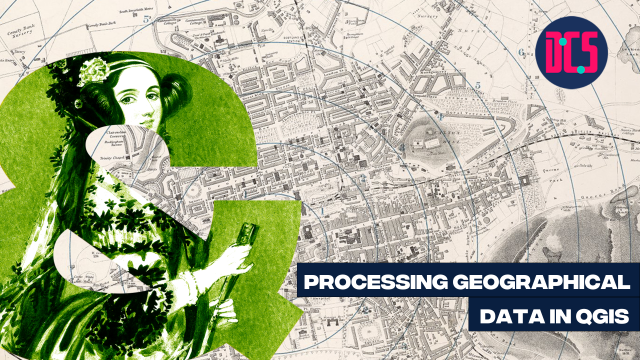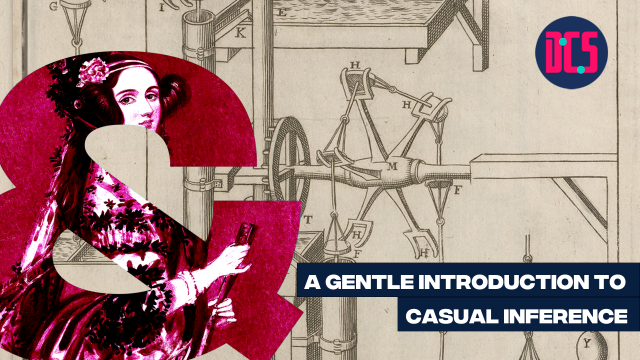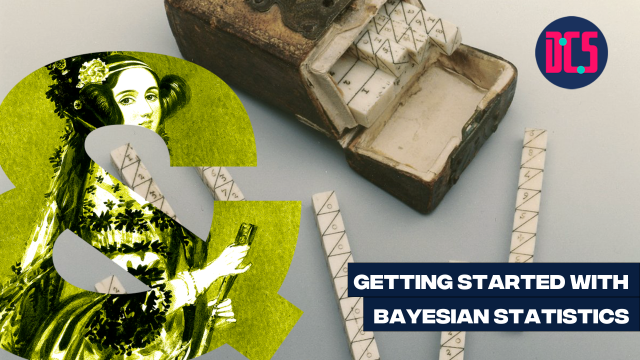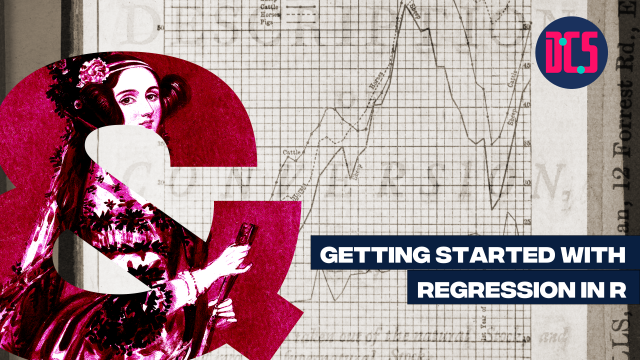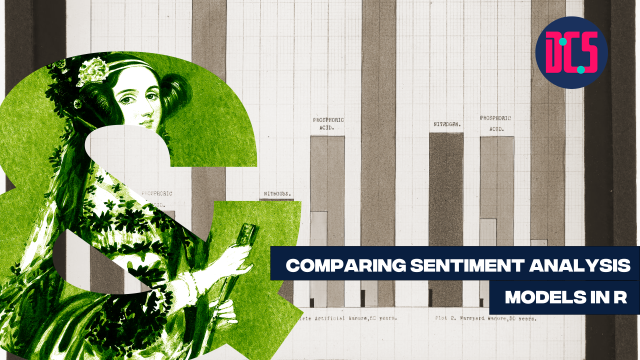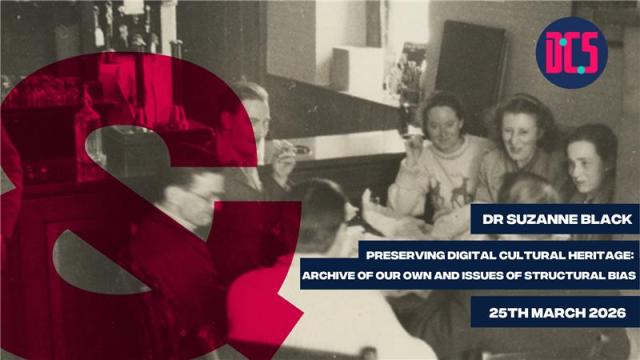The Digital Archive & the Politics of Digitisation
This talk deals with a question that is becoming increasingly important for historians who work with digitised cultural heritage: what are the politics of digitisation and what are its implications for historical research?
Is the often-lauded democratising potential of digitisation also offset by risks, inherent in selection processes that might privilege the digitisation of heritage corresponding to existing national master narratives, the availability of funding and/or the priorities set by cultural policies and certain research agendas? How does transnational heritage fit into this picture when most digitisation projects are, in one way or another, nationally framed? What biases can digital archives introduce in our work and how does that differ from issues of bias and selection in the ‘paper’ archive?
In discussing these questions, I will provide a couple of examples before emphasising the importance of more transparency in this regard and the need for guidelines about how digital archives are constituted. A key point to highlight is that professional historians can and should be more open to learn from the experience of digital archivists and librarians who are at the forefront of the digital turn in heritage work.
Gerben Zaagsma is Assistant Professor and Head of the Research Area Digital History and Historiography at the Centre for Contemporary and Digital History (C²DH) at the University of Luxembourg. Gerben holds a PhD in modern history from the European University Institute in Florence, and his main teaching and research interests are modern European Jewish history (including Yiddish Studies) , digital humanities and digital history , and public history . In addition to his work on Jewish social and political history, Gerben is particularly interested in the methodological implications of using new technologies in historical research and writing.
Seminar event recording
First broadcast on 28 April 2021.
This recording is licensed under CC BY-NC 4.0.
To watch in full screen mode via Media Hopper, click here.

